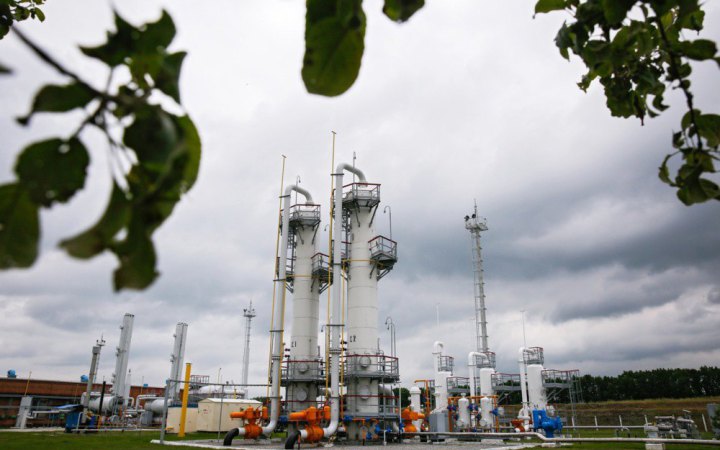A matter of national security
Energy security is indeed a top priority in the face of Russian aggression. In autumn, Moscow will again try to massively attack Ukraine's energy facilities. According to the Defence Intelligence of Ukraine, Russia is increasing its missile production. And the Washington Post claims that the Russians, with the assistance of Iran, want to produce up to 6,000 drones in two years.
"They are preparing these attacks. It will be a big and unpleasant story. Will it be worse than last year? No! Because we know better how to react," says Oleksandr Kharchenko, director of the Energy Research Center.
In preparation for winter, it is important to regain state control over gas networks, the Cabinet of Ministers emphasises.
"The state must provide citizens with uninterrupted gas supply, especially during the war, when challenges are increasing. In addition, the process of returning the networks to state control gives a start to solving the problems that arose after the privatisation of regional gas companies, which took place more than 10 years ago," says Energy Minister German Halushchenko.
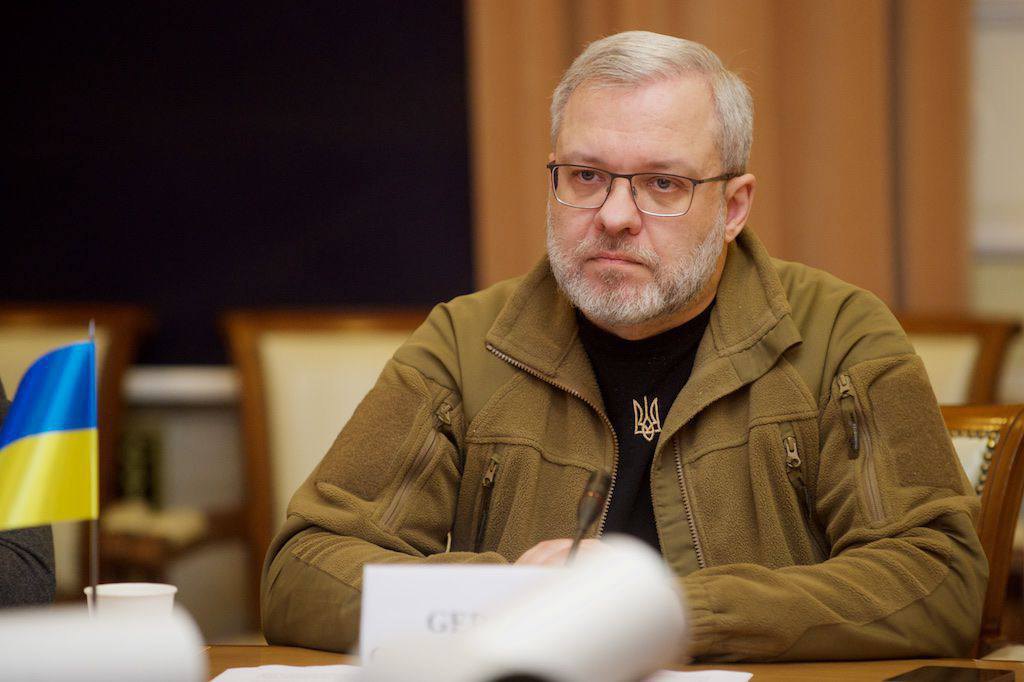
Recently, these networks were managed by well-known Firtash-owned regional gas companies.
Why is Dmitry Firtash losing his assets?
Prior to the Great War, Dmitry Firtash's structures had a virtual monopoly on the natural gas market for households. He controlled both regional gas companies (i.e. operators of gas distribution networks) and gas sales companies (companies selling natural gas).
Back in 2021, the SBI opened a case on the fact of possible damage worth 1.488bn hryvnas "as a result of the free transfer of state property for use." On 3 June, the SBU's Main Investigation Department conducted simultaneous searches at the Ministry of Energy, the NEURC, and 37 gas distribution system operators.
In May 2022, at the request of the SBI, the Pechersk Court of Kyiv seized and transferred the seized corporate rights to 26 regional and city gas distribution system operators to the ARMA. The same month, the government transferred these regional gas companies to the management of Naftogaz.
A year later, in May 2023, the SBU and the BES served suspicion notices to Dmitry Firtash himself, as well as to two executives of RGC LLC, the head of Ye Energy LLC, and five heads of regional gas companies, in a case of 18bn hryvnas in damage to the state budget.
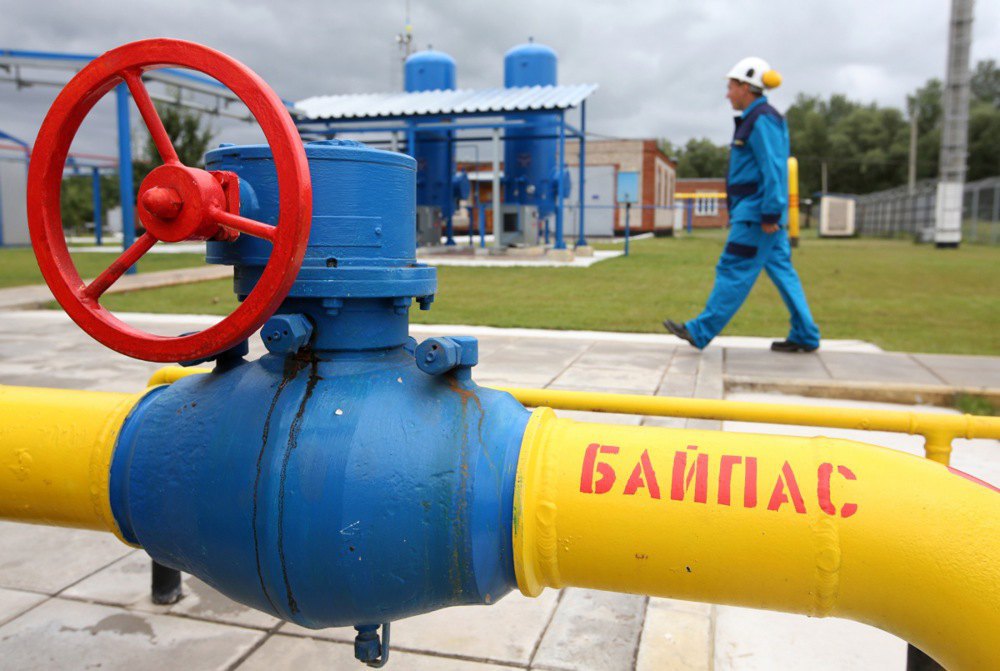
At the time, the SBU reported that Firtash's companies bought gas from a structure controlled by him, but in fact received no more than 30% of the paid volume of gas. The deficit was covered by state-owned gas - regional gas companies simply took the "shortfall" fuel from the Ukrainian gas transportation system.
"At the same time, the state was hardly paid for this, citing 'lack of funds'. According to the available data, Firtash's regional gas companies paid an average of 30% of the total cost of the gas taken to the state-owned operator of the Ukrainian gas transportation system," the SBU said.
Naftogaz is growing in assets
Firtash's gas assets are now gradually coming under the management of state-owned Naftogaz. In September, the national joint-stock company began to control regional gas companies in Kyiv, Zhytomyr and Lviv regions.
"Earlier, the national gas distribution network operator was licensed in Kirovohrad and Kharkiv regions with the city of Kharkiv and part of Dnipropetrovsk Region with the cities of Dnipro and Kryvyy Rih. Currently, the total number of customers of Gas Networks (Naftogaz) has reached 4mn subscribers," the Energy Ministry said.
By the end of the year, the company will establish control over all 26 regional gas companies, promises Naftogaz CEO Oleksiy Chernyshov.
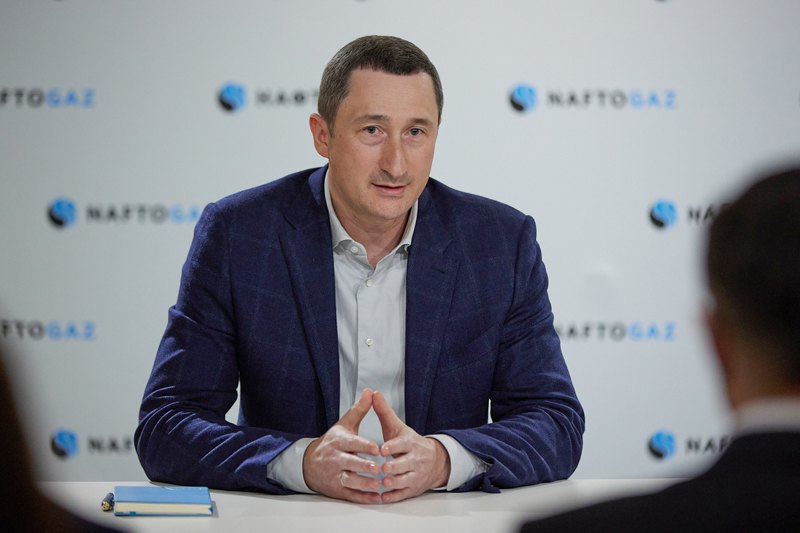
The state-owned company is also confident in selling gas to households. Here, Naftogaz has an absolute monopoly. The company's press service provided figures: "The company provides natural gas to more than 12.4mn Ukrainian households without interruption."
Thus, the situation on the gas market for households has changed dramatically. More precisely, the main player has changed: instead of Firtash's companies, it is now the state-owned Naftogaz.
What are the consequences for consumers?
For consumers, the change of supplier is rather good news: gas prices will not change until the end of the hostilities.
The first months of the transition caused confusion with payments. Sometimes they continue to come in two, as explained by the Union of Consumers of Public Utilities. One receipt is from the previous gas seller or supplier, and the other is from the new one.
Currently, the transition from the old regional gas companies to Naftogaz is automatic, with no interruptions or disconnections. However, it is still worth signing new documents with the new supplier.

"Simply, if you want to replace or repair gas appliances, a pipe, replace a meter, etc., you will need to have an official contract with Gazmerezhy (a company that is part of the Naftogaz group). Otherwise, they will not have the right to provide you with services. So, sooner or later, you will have to sign an application for connection," said Oleksiy Savitskyy, editor-in-chief of the GazPravda information and consulting center.
So far, the company has not released any deadlines for signing contracts. The company cannot disconnect consumers due to the absence of a contract, as it is prohibited to do so during martial law. In March 2022, the Cabinet of Ministers imposed a ban on disconnecting consumers from any utilities, whether gas, electricity, heating or water.
De-oligarchisation of the energy sector: who's next?
The President's Office hints that nationalisation will also affect the assets of other businessmen. "Some energy facilities must return to state control to avoid certain risks. We cannot enter this enterprise if this person has the keys to it. We can enter it! If it is such a challenge. With all due respect to private property. This is an absolute requirement of wartime, not to mention that we can do it by law," President Volodymyr Zelenskyy said.
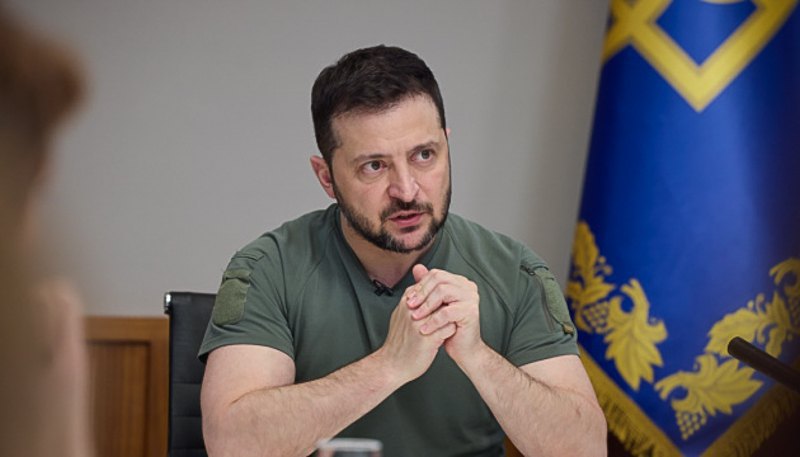
Zelenskyy did not name anyone, but the Center for Energy Research suggests that it is probably a company with Russian roots, VS Energy, which owns or has a stake in five regional power distribution companies in Bukovyna, Rivne, Kherson, Kirovohrad, and Zhytomyr regions. In May of this year, Ukraine imposed sanctions against VS Energy.
VS Energy has a complex ownership structure, with shares held by a number of nominees. However, the real beneficiaries of the aforementioned regional power companies are probably still three Russian citizens, against whom Ukraine has also imposed sanctions: Yevgeniy Giner, co-owner of the Moscow football club CSKA, Mikhail Voevodin, a criminal authority (according to Interpol), and another CSKA co-owner, State Duma deputy who supports the war against Ukraine, Alexander Babakov. The latter, according to the Security Service of Ukraine, was suspected of encroachment on the territorial integrity of our country. The SBU materials clearly indicate that Babakov owns an energy company in Ukraine.
Babakov's mail contained information about the formation of "fifth columns" in the world, sanctions circumvention, and corruption schemes.
VS Energy itself shuns Russian origin in every possible way. They claim that their assets belong to citizens of the European Union.
In June, the Cabinet of Ministers filed a lawsuit to nationalise the corporate rights of nearly 50 companies involved in VS Energy.
"The main sanctions battle has begun! Russians and their supporters should not be in our economy, as well as in the economies of other democratic countries. These are parasites that must be destroyed," said Inna Bohatykh, Director of the Sanctions Policy Department of the Ministry of Justice.
The case is being considered by the High Anti-Corruption Court. A month before the start of the heating season, the legal proceedings are still ongoing.









